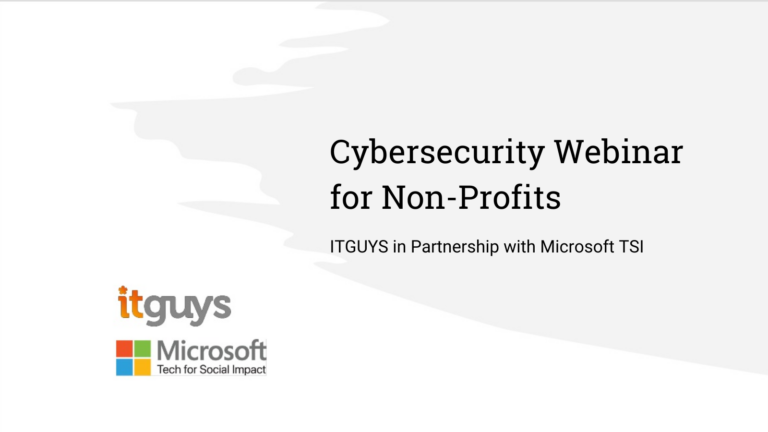Small businesses are increasingly becoming targets of cyber breaches.
Contrary to popular belief, cybercriminals do not discriminate based on the size of an organisation. Small businesses, with limited resources and cybersecurity measures, are often seen as easy targets. Understanding the reality of a cyber breach and taking proactive steps to protect your business is crucial. Let’s explore the reality of a cyber breach for small businesses and discuss what you can do to mitigate the risks.
The Reality of a Cyber Breach
1. Financial Loss
A cyber breach can have a significant financial impact on small businesses. Costs can include legal fees, customer notification and credit monitoring, forensic investigations, system repairs, and potential fines for non-compliance. If there is a chance of data loss, you must report it to the Information Commissioner’s Office. Additionally, there may be loss of business and damage to the company’s reputation, leading to a decline in customer trust and potential revenue loss.
2. Data Compromise
One of the most severe consequences of a cyber breach is the compromise of sensitive data. Small businesses may hold valuable customer information, including personal and financial data, that can be exploited by cybercriminals. Data breaches can result in identity theft, financial fraud, and damage to the affected individuals’ privacy.
3. Operational Disruption
A cyber breach can disrupt normal business operations, causing downtime and productivity loss. If critical systems are compromised or encrypted by ransomware, it can bring operations to a halt until the issue is resolved. This can result in a loss of revenue, missed deadlines, and unhappy customers.
4. Legal and Regulatory Consequences
Small businesses are subject to various legal and regulatory requirements concerning the protection of customer data. Think GDPR and the 2006 Companies Act. A cyber breach may lead to non-compliance with these regulations, potentially resulting in fines and legal actions. This can be a very expensive consequence. Demonstrating negligence in cybersecurity measures can exacerbate legal repercussions.
What You Can Do About It:
1. Implement Strong Cybersecurity Measures
Invest in robust cybersecurity measures tailored to your business needs. This includes deploying firewalls, antivirus software, and intrusion detection systems. Regularly update software and patch vulnerabilities. Implement secure password policies, encryption, and multi-factor authentication to strengthen access controls.
2. Educate Employees
Train your employees on cybersecurity best practices and create a culture of security awareness. Teach them to identify phishing emails, use secure passwords, and report suspicious activities. Conduct regular training sessions and provide ongoing awareness updates to keep employees informed about emerging threats.
3. Secure Your Network
Secure your network infrastructure by segmenting networks, implementing strong Wi-Fi encryption protocols, and securing routers and switches with strong passwords. Consider using virtual private networks (VPNs) to protect remote access and encrypt data transmission.
4. Backup and Recovery
Regularly back up critical data and store backups securely. Implement a data recovery plan to ensure business continuity in the event of a breach or system failure. Test backups regularly to ensure data integrity and recovery readiness.
5. Incident Response Plan
Develop an incident response plan that outlines procedures for detecting, responding to, and recovering from a cyber breach. Assign roles and responsibilities, establish communication channels, and practice the plan through simulations and tabletop exercises.
6. Cyber Insurance
Consider obtaining cyber insurance coverage tailored to your business needs. Cyber insurance can provide financial protection in case of a breach and assist with legal fees, forensic investigations, and customer notifications.
7. Stay Informed and Updated
Stay updated on the latest cybersecurity threats and trends. Regularly monitor reputable sources for security alerts and advisories. Participate in industry forums, attend webinars, and engage with cybersecurity professionals to stay informed about best practices.
The reality of a cyber breach for a small business is not to be underestimated. The financial loss, compromised data, operational disruption, and legal consequences can be devastating





